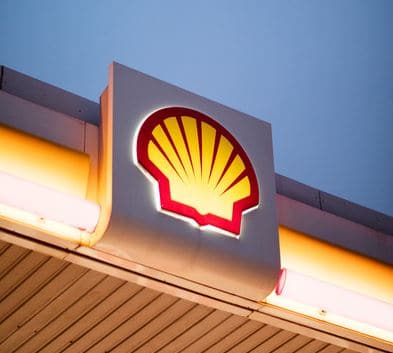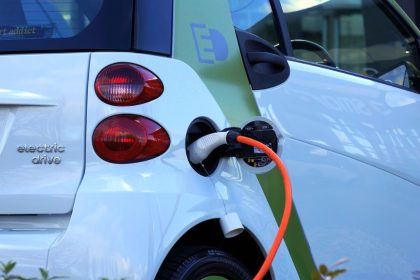British Court Ruling Against Oil Company Could Expand Liability for Foreign Accidents

A ruling by Britain’s top court last week that said Royal Dutch Shell oil company could be liable in English courts for pollution by its subsidiary in Nigeria, is likely to expand the company’s potential liability abroad.
The court’s decision also creates a likelihood of liability for other British companies if they fail to protect their foreign employees and contractors from safety and environmental hazards.
“In particular, the Shell group’s vertical corporate structure, with organizational approval generally proceeding corporate approval, allowed for delegation of authority, including in relation to operational safety and environmental responsibility,” a press summary from the Supreme Court of the United Kingdom says.
British companies operate extensively internationally, including 22 corporations on the Fortune 500 list with offices in the United States. They include Prudential insurance company, GlaxoSmithKline pharmaceutical company and banking giant Lloyds Banking Group.
The largest is BP, also known as British Petroleum, which was held liable in U.S. courts for the 2010 Deepwater Horizon oil rig disaster off the coast of Louisiana.
It was the worst spill in American history after dumping an estimated 210 million gallons of oil into the Gulf of Mexico. The gas explosion and fire killed 11 oil workers.
BP reported revenue of $344 billion in 2019 and profits of $16.4 billion. It is based at the Hague in the Netherlands and London in the United Kingdom.
In both the Nigerian case and the Deepwater Horizon disaster, attorneys for the oil company argued the spills were caused by the negligence of foreign operators, which should relieve them of liability. Until now, the British courts largely agreed.
About 42,500 Nigerian citizens in the Niger Delta are claiming their land and water was polluted by Shell’s Nigerian subsidiary. The oil leaked from pipelines operated by Shell Petroleum Company of Nigeria Ltd.
The ruling by the Supreme Court in London overturns two lower court decisions that concluded British courts lack jurisdiction for cases against Shell’s Nigerian unit.
Under Nigerian law, Shell was negligent in its duty of care to safely operate the pipelines and other infrastructure. Shell argued that theft, sabotage and oil refining that violated safety regulations caused the leaks.
Shell said the Nigerian unit suffered from “criminal interference” that was beyond its control.
Shell provides its subsidiaries with guidance on safety procedures but the foreign subsidiaries implement and supervise them alone, the oil company argued. The guidance can be found under a policy document called the Royal Dutch Shell Control Framework.
The British Supreme Court ruling said the lower courts failed to investigate the degree of control Shell could exert over its Nigerian subsidiary. If the company could have exerted reasonable oversight to intervene to stop the oil leaks, it could be liable to the plaintiffs.
“The RDS Control Framework shows that the [top executives] have a wide range of responsibilities, including for the safe condition and environmentally responsible operation of Shell’s facilities and assets,” the ruling said.
The Supreme Court sent the case back to an appellate court for a ruling consistent with its judgment.
Similar issues were raised during the Deepwater Horizon oil spill, leading to a significant international incident.
British politicians and political analysts accused the United States of unfairly blaming BP’s London-based parent company for the negligence of American workers. Some members of Parliament asked then Prime Minister David Cameron to protect British interests in the United States.
They put part of the blame on then President Barack Obama’s public criticisms of BP. Pension fund managers that invest in BP said his statements hurt the company’s market value.
In November 2012, BP settled criminal charges filed by the U.S. Justice Department by pleading guilty to 11 counts of manslaughter, lying to Congress and two misdemeanors. The company agreed to pay $4.5 billion in fines and damages. Cleanup costs and penalties cost the company more than $65 billion by 2018.
The case is Okpabi and others v. Royal Dutch Shell PLC and others, case number UKSC 2018/0068, in the Supreme Court of the United Kingdom.
























